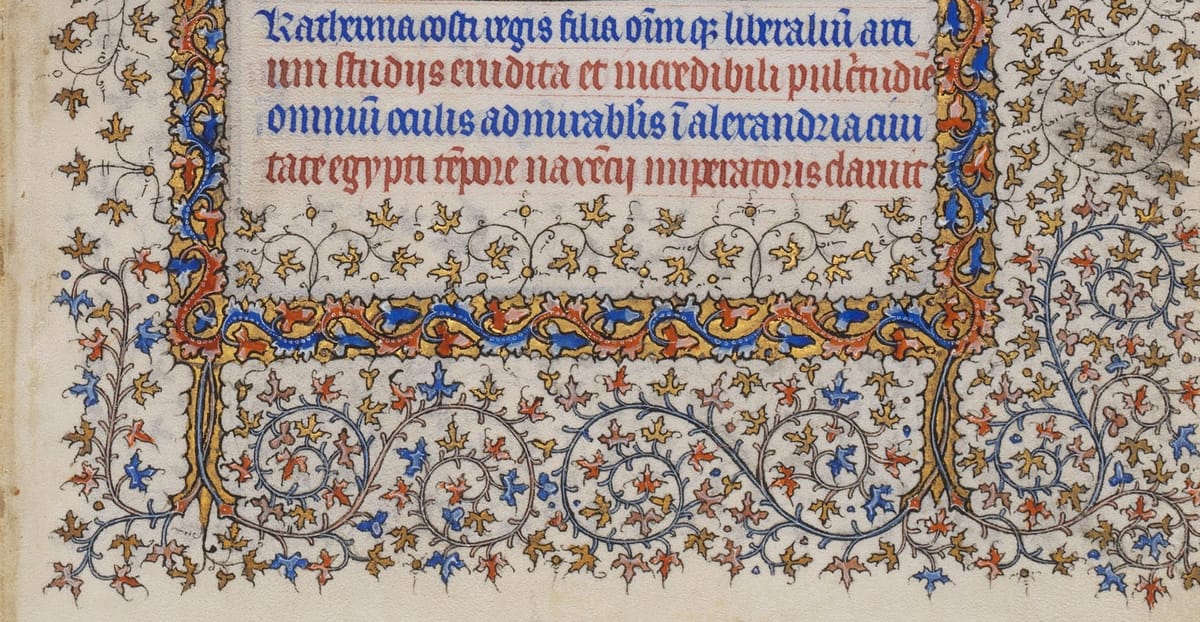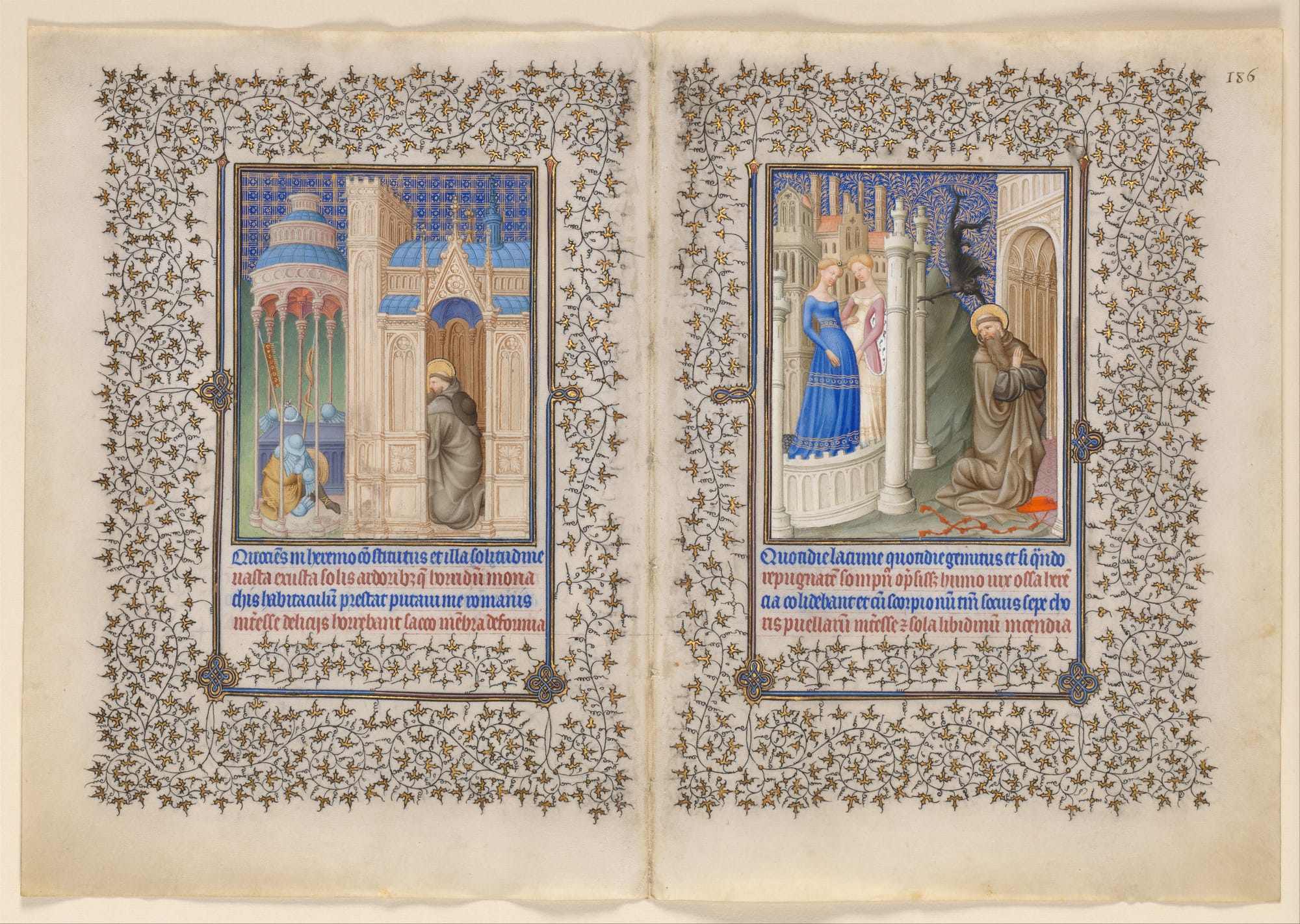Patronage, history and capitalism
distributing the responsibility of supporting artists and their arts breaks down...gross power imbalances [between patron and artist]

One of my favorite artists that I support on Patreon is Helvetica Blanc. Their work draws from ancient and modern pagan traditions (with some influence from the Greek pantheon), yet they have created an aesthetic that is distinctly theirs and makes ancient deities such as Eris more approachable to a contemporary audience. Their distinctly mystical relationship to these and other deities (both traditional and imagined) is a refreshing take on spiritual artistic content in an age when organized religion has been so hijacked by fundamentalism and appropriated to excuse horrendous violence. I'm proud to support HB's work, ideas and career.
Being able to support HB via Patreon causes me to recall a unit of study I undertook in college during a class on the art of the Northern European Renaissance period, specifically, in the Low Countries, Germany, and Northeastern France. One prominent pair of artists we reviewed were the Limbourg Brothers, who created a great many masterworks for their patron, the Duc de Berry. An open source image from the duke's famous Book of Hours is shared below, courtesy of the Metropolitan Museum of Art in NYC.

One of the many, many things I love about the study of history is learning about our forebears lived and related to each other. How were their relationships and feelings like ours? How were they different? The past really is a foreign country, and it's a thrilling puzzle to understand the culture of this foreign country on its own terms. As this related to the Limbourg Brothers, we know that they had a fond and playful relationship with their patron, the Duke. Once they presented him as a Christmas gift a fake book as a practical joke, a move that would only be acceptable with a familiar and trusting relationship, given the marked power imbalance between the duke and the artists who rely on his goodwill and continued patronage.
Having the ability to sponsor artists using modern platforms allows for the cultivation of relationships in a way that would not have been possible in such a stratified society. The platform doesn't necessarily need to be Patreon, there are other more transparent, open platforms like the ones that xoxo Fest has historically used (I forget the name and a quick search hasn't shown it; I will try and remember to add the link later.)
Perhaps most crucially, distributing the responsibility of supporting artists and their arts breaks down the gross power imbalances that were present between the Duc de Berry and the Limbourg Brothers. Mx. Blanc isn't beholden to any one of their patrons, giving them so much more freedom to make the work that is authentic to their heart.
Both the relationship between artist and audience and the freedom for artists to make work that is authentic to their souls are such gifts to our fellow humans. Artists don't need to choose to share their work and open themselves up to a conversation and community with those that appreciate their work, which by definition makes it a gift. It's a gift I'm grateful for, and it's a conversation I look forward to participating in regularly.
Check out the conversations they invite us all to join, on their website and via their Patreon.